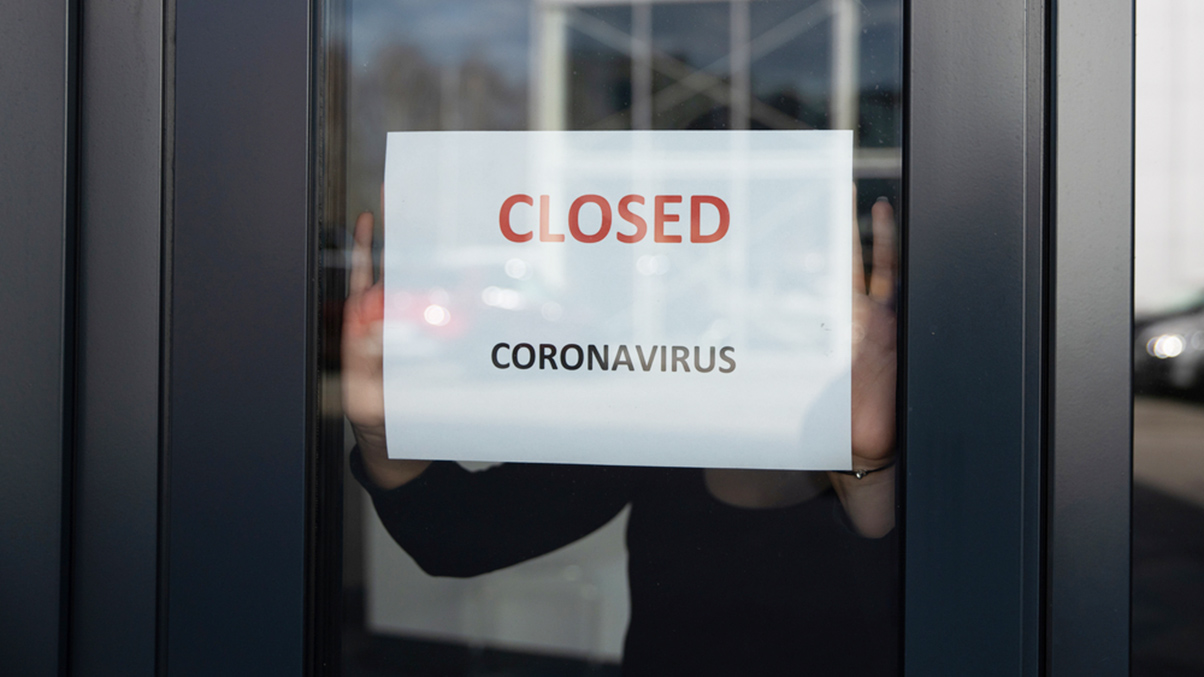New regulations deriving from the Corporate Insolvency and Governance Act 2020 have extended the effective prohibition on statutory demands and winding up petitions until 31 December 2020. Tim Symes, a partner in our Insolvency and Commercial Litigation teams, looks at the implications of this for debtors and creditors.
The prohibition on statutory demands is not terribly significant. Unlike in bankruptcy, they are not a prerequisite before issuing a winding up petition. Their purpose is simply to establish insolvency on a statutory basis on the part of the debtor should they not pay the debt demanded.
On the other hand, a winding up petition is an effective weapon. A winding up petition is not a debt collection or enforcement tool. Rather, it is a class remedy for the benefit of creditors as a whole to procure the orderly winding up of the debtor company and enable a distribution of assets equally between the creditors according to the value and priority of each of their debts.
However, winding up petitions are frequently used to put pressure on a debtor to pay their debt. Their potency is so great and immediate that so is the temptation to use them to get paid. The creditor doesn’t want to wind up the debtor company, of course, as they’ll just become an unsecured creditor in the liquidation with all the others. They simply want their money.
So, is the prohibition on winding up petitions helping viable businesses survive or is it hurting them?
The implication of the ban seems to be that businesses owe money, but they are not owed it. A nonsense, of course; businesses are owed money too. If they cannot collect that money, then they cannot pay their creditors. And that means they are insolvent.
It reminds me of the iconic scene in Tarantino’s Reservoir Dogs movie, where the characters are all pointing guns at each other. Except here, everyone has body armour, and no one has guns.
You can find further information regarding our expertise, experience and team on our Contentious Insolvency and Commercial Litigation pages.
If you require assistance from our team, please contact us or alternatively request a call back from one of our lawyers by submitting this form.
Covid-19 is impacting individuals and companies around the world in an unprecedented way. We have collected insights here to help you navigate the key legal issues you may be facing at this time.







